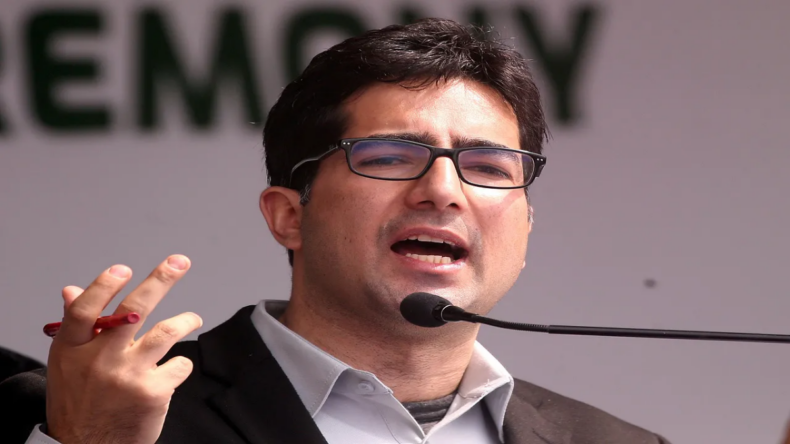Why in the news?
Administrative service in IndiaIAS officer Shah Faesal, who resigned from the Indian bureaucracy in protest on January 9, 2019, citing “unabated killings” in Kashmir, among other things, has been reinstated by the central government. Thus, the rules of resignation for IAS officers are currently in question.
Who is Shah Faesal?
Shah Faesal is a former Indian politician and an Indian Administrative Service officer from Jammu and Kashmir. In 2010, he became the first Kashmiri to top the Indian Civil Services Examination. He resigned from the service in 2019. He protested against “unabated killings.”
In 2019, he began his political life by giving a public speech in his hometown of Kupwara. He was detained and stopped from flying to Istanbul in the abrogation of Article 370 in Jammu and Kashmir. He was released in 2020.
Shah’s service and resignation
Shah Faesal’s resignation was not accepted by the government. According to some investigations, it was pending.
Shah’s tweets
He tweeted, “Eight months of my life (Jan 2019–Aug 2019) created so much baggage that I was almost finished. While chasing a chimera, I lost almost everything that I had built over the years. Do your job, friends. reputation. Public goodwill But I never lost hope. My idealism had let me down, “
He also tweeted, “But I had faith in myself. That I would undo the mistakes I had made. I hoped that life would give me another chance. A part of me is exhausted with the memory of those 8 months and wants to erase that legacy. Much of it is already gone. Time will mop off the rest, I believe. “
He wrote, “Just thought of sharing that life is beautiful. It is always worth giving ourselves another chance. Setbacks make us stronger. And there is an amazing world beyond the shadows of the past. I will turn 39 next month. And I’m really excited about starting all over again, ”
All these tweets could possibly mean his return to the Indian Administrative Services.
Resignation Rules
Rules 5 (1) and 5 (1) (A) of the All India service rules 1958 govern resignation rules for Indian administrative services.
The rules say “no retirement benefits may be granted to a person who has been dismissed or removed from the service or who has resigned from the service.” An IAS officer must submit his resignation to the chief secretary of the state. The state checks for any pending cases against the officer.
The resignation is then forwarded to the central government. The prime minister himself takes decisions on the matter. A circular issued by DoPT says “where a government servant who is under suspension submits a resignation, the competent authority should examine, with reference to the merits of the disciplinary case pending against the government servant, whether it would be in the public interest to accept the resignation.”
It also says “where the government servant concerned is engaged on work of importance and it would take time to make alternative arrangements for filling the post the resignation should not be accepted straightway but only when alternative arrangements for filling the post have been made.”
Read Also: There are 40 million pending court cases in India, according to Chief Justice NV Ramana.
Published By: Aman Gupta
Edited By: Vanshika Sahu












